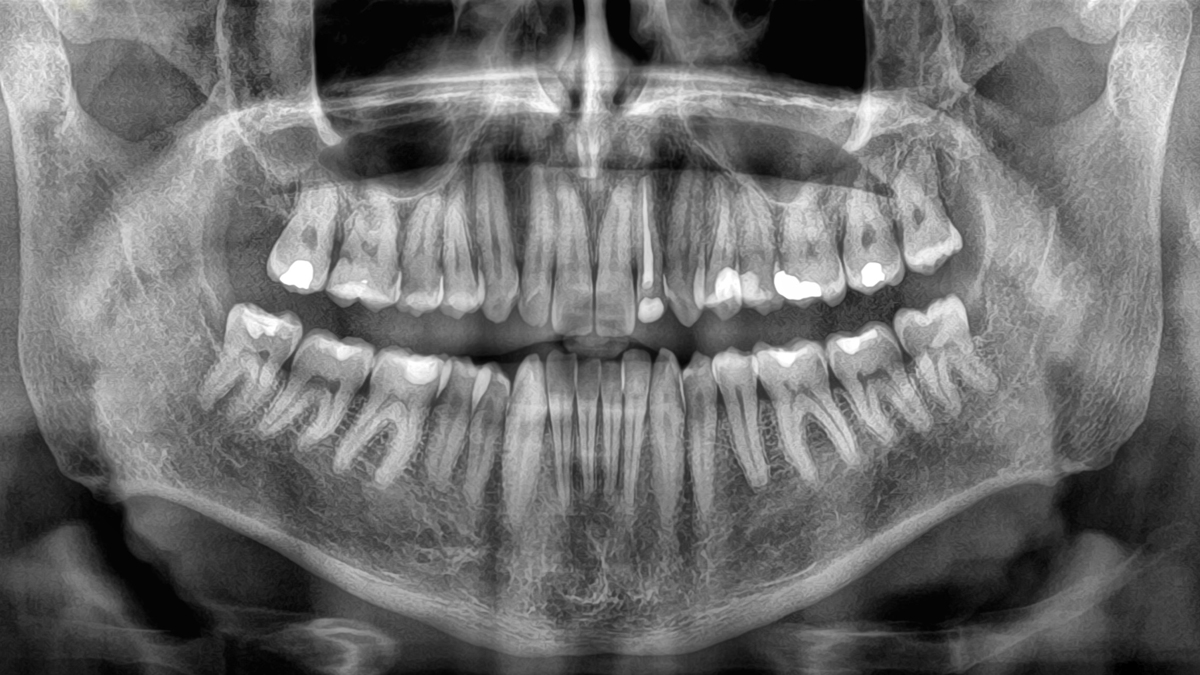BATON ROUGE, La. (WAFB) – Louisiana health officials are warning residents to take precautions after a rise in cases of Vibrio vulnificus, a potentially deadly, flesh-eating bacteria found in warm coastal waters and raw seafood.
So far in 2025, the Louisiana Department of Health has confirmed 17 Vibrio vulnificus infections statewide. All required hospitalization, and four people have died. Over the past decade, the state reportedly averaged only seven cases and one death annually during the same period.
The bacteria can cause illness when an open wound is exposed to coastal waters or when a person eats raw or undercooked seafood, particularly oysters.
The LDH says 75% of this year’s infections have been linked to open wounds exposed to seawater. Vibrio bacteria thrive in warmer months, typically May through October.
In Florida, thirteen people have contracted Vibrio vulnificus and four have died from it so far in 2025, according to the Florida Department of Health.
State health officials warned that you don’t have to be swimming to be at risk. Even handling raw seafood with a small cut can cause a severe infection.
Who’s most at risk?
While anyone can become infected, individuals with chronic health conditions such as liver disease, cancer, diabetes, HIV, or those who are immunocompromised, face a much higher risk of severe illness or death.
Some infections result in gastrointestinal symptoms like watery diarrhea, cramps, nausea, fever, and chills. Others cause wound or bloodstream infections that may lead to blistering skin lesions, amputation or death.
According to the CDC, about 1 in 5 people with Vibrio vulnificus die, sometimes within 48 hours of becoming ill.
How to stay safe:
- Avoid brackish or saltwater with open wounds or cover wounds with waterproof bandages.
- Thoroughly clean any cuts that may have been exposed to water or raw seafood.
- Wear protective gloves when handling raw shellfish.
- Don’t eat raw or undercooked oysters or seafood, especially if you’re in a high-risk group.
- Wash your hands with soap after handling raw seafood.
Additional resources and prevention tips are available on the CDC’s Vibrio page.
Click here to report a typo. Please include the headline.
Click here to subscribe to our WAFB 9 News daily digest and breaking news alerts delivered straight to your email inbox.
Copyright 2025 WAFB. All rights reserved.
Source link


